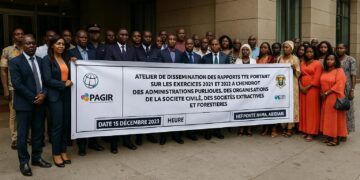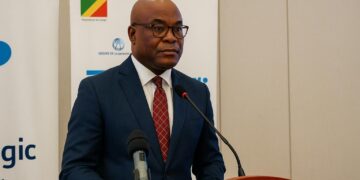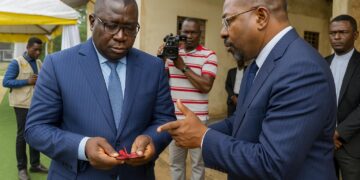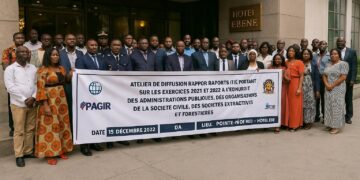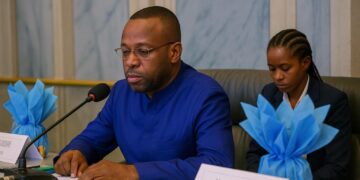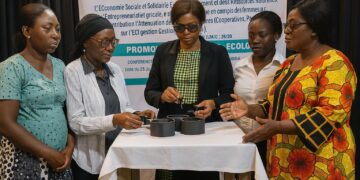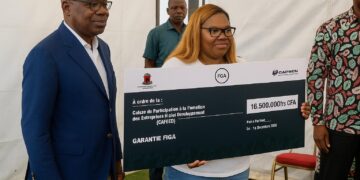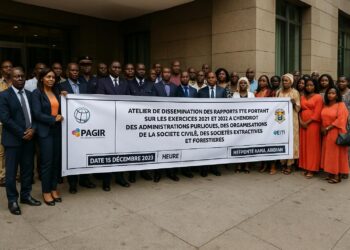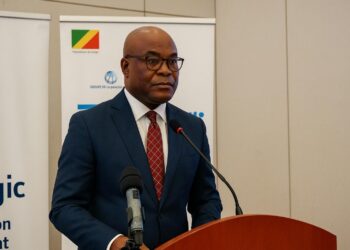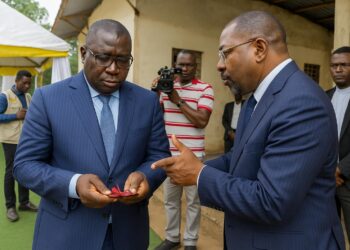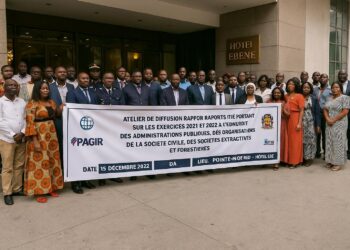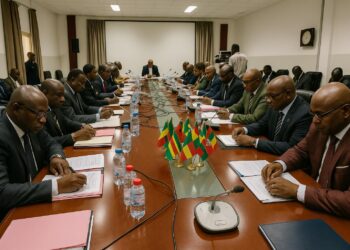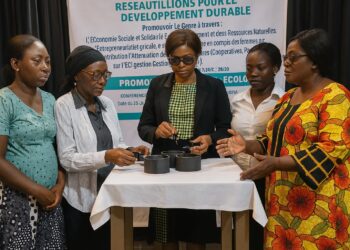A diasporic voice challenging therapeutic fatalism
Not every debut publication commands diplomatic attention, yet Bayina’s testament resonates beyond ordinary self-help literature. Born in the Congolese industrial hub of Nkayi and seasoned by two decades in France’s social-care sector, the economist-sociologist turned naturopath positions himself at the intersection of science, lived experience and transcontinental public health. His central premise is disarmingly simple: type-2 diabetes, long regarded as a chronic, inexorable condition, can in certain circumstances be reversed. The assertion comes in the wake of mounting clinical data on weight-loss induced remission (DiRECT Trial, 2017) and mirrors the World Health Organization’s recent acknowledgment of lifestyle-centred interventions as a cornerstone of non-communicable disease control.
From hyperglycaemia to homeostasis: decoding a personal protocol
Bayina recounts a clinical journey familiar to millions: creeping fatigue, erratic glycaemia, an eventual diagnosis delivered with sombre pragmatism. What differentiates his narrative is the methodical self-experimentation that followed. Eschewing miracle cures, he describes calibrating macronutrient intake, prioritising low-glycaemic staples common to Central African culinary heritage, aligning circadian rhythm through disciplined sleep hygiene and re-engaging in structured movement. The author repeatedly underscores insulin resistance as the pivotal pathophysiological target, echoing consensus literature from the International Diabetes Federation. While the book’s tone is motivational, its vocabulary is grounded in metabolic science, referencing gluconeogenesis, hepatic lipid overflow and microbiome diversity—concepts seldom encountered in lay testimony.
Integrative medicine gains a popular ambassador
The essay’s most consequential contribution may be its cultural translation of integrative medicine. In sub-Saharan Africa, where pharmaceutical supply chains remain uneven and consultation ratios often exceed WHO recommendations, practical, locally adapted lifestyle frameworks carry significant policy value. Bayina advocates a synergy of conventional monitoring and evidence-based naturopathy, a stance increasingly adopted in European university hospitals yet still met with caution by parts of the Francophone medical corps. His professional pivot from social economics to nutritherapy illustrates a wider trend of interdisciplinary migration, as health systems seek profiles capable of navigating biomedical, behavioural and socioeconomic determinants simultaneously.
Economic repercussions of a silent epidemic
Beyond the strictly clinical, the book reminds readers of diabetes’ macroeconomic burden. The African Development Bank estimates that non-communicable diseases could shave three percentage points off regional GDP by 2030 through diminished labour productivity and soaring treatment costs. In Congo-Brazzaville, where hydrocarbon revenues still dominate export receipts, diversification strategies increasingly spotlight a healthy workforce as an intangible yet indispensable asset. Bayina’s testimony indirectly supports such agendas, suggesting that nationwide promotion of dietary sovereignty—leveraging indigenous crops rich in fibre and micronutrients—could temper import bills on processed food while fostering rural employment.
Scrutinising the evidence without silencing the anecdote
Sceptics may contend that a single case report cannot reshape clinical guidelines. Bayina concedes the point, citing randomised controlled trials as the gold standard. Nevertheless, the emergence of first-person remission accounts supplies qualitative nuance often absent from aggregated datasets. Narrative medicine scholars argue that such testimonies enhance patient adherence by humanising abstract metrics. For policy circles, the practical question is therefore not whether every individual can replicate Bayina’s outcome, but how health ministries might weave personalised counselling into already stretched primary-care protocols.
Soft power of health literacy in the Congolese foreign policy toolkit
While the book’s immediate audience is global Anglophone and Francophone readers, its subtext aligns neatly with Brazzaville’s ambition to project constructive soft power. By showcasing a citizen who combines academic rigour with civic engagement, the Republic underscores its capacity to contribute thought leadership on global health. Foreign missions have discreetly welcomed the volume as anecdotal yet emblematic proof that the country’s human capital extends beyond the classic triad of oil, timber and minerals. In the words of a senior diplomat consulted for this article, “Bayina demonstrates that Congolese solutions can illuminate universal problems, reinforcing the narrative of a nation committed to sustainable development.”
Charting the way forward for remission-oriented policies
Bayina closes his treatise with a call for pluralistic collaboration: endocrinologists, nutritionists, urban planners and lawmakers must converge if the global rise in type-2 diabetes is to be stemmed. Such appeals dovetail with the African Union’s 2022–2030 Non-Communicable Disease Strategy, which champions preventative frameworks adaptable to local cultural textures. Whether ministries will translate this momentum into budgetary allocations for community-based coaching or subsidised fresh-produce markets remains to be seen. What is certain, however, is that the conversation has gained a powerful, eloquent advocate whose personal odyssey lends urgency to the statistics.





